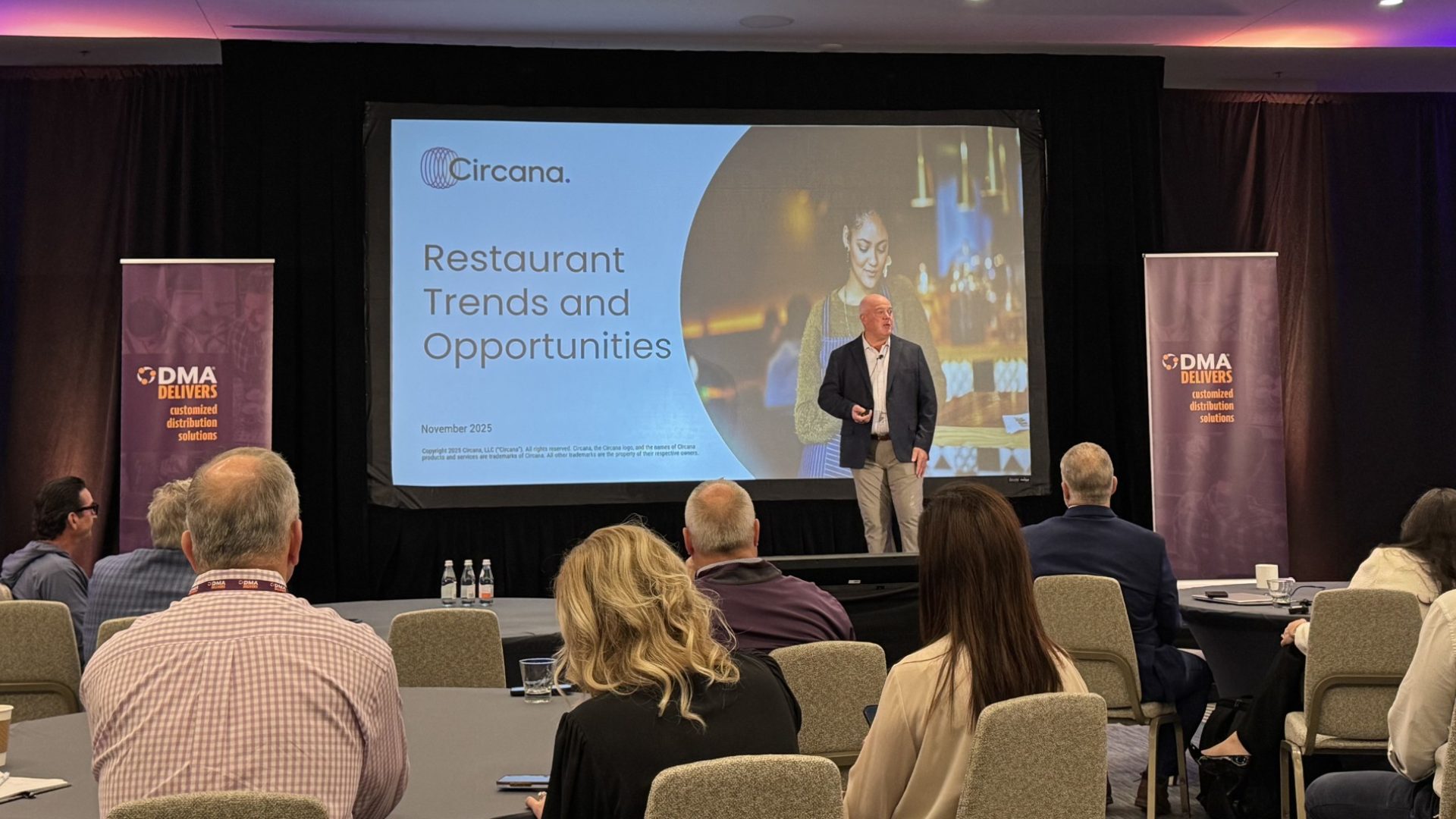Alt-meat funding has all but dried up in 2024, but mycelium-based meats continue to intrigue investors and consumers.
In January, Koji based deli-meat company Prime Roots was featured in the Netflix docuseries “You Are What You Eat: A Twin Experiment,” which follows four sets of twins whose diets diverge to see how key health indicators changed.
Made with fermented mycelium roots, the products were met with significant enthusiasm related to taste, texture, and quality. The sliceable deli meats and charcuterie were also a highlight at the 2024 National Restaurant Association Show, in a subcategory with relatively limited alt-meat offerings.
According to food scientist, food industry consultant, and author Dr. Bryan Quoc Le, mycelium-based meat has several advantages over other alternative protein categories, including a texture that is much more similar to meat and a source that consumers can easily understand — mushrooms.
“Mycelium naturally contains many of the savory and umami-enhancing compounds found in animal meat, unlike plant-based proteins,” Quoc Le told FI.
Production of mycelium-based meat can also use more clean-label methods, which satisfies the current consumer trend for healthier and less processed options.
“These types of products can be produced at commercial scale without significant processing steps, inclusion of additives, or use of genetically modified organisms,” Quoc Le added.
Funding Activity and Consumer Appeal
Zack Jacobson, VP Finance and Corporate Development, at Meati Foods echoes these sentiments, adding that the mycelium production process is highly scalable from both an investor and environmental perspective.
“A single spore, on average, can make the same amount of protein in 24 hours as you’d get in 1.5 cows,” Jacobson told FI. “From a cost efficiency, as well as an energy and water use perspective, this is incredibly attractive.”
In May, Meati Foods closed a $100 million C-1 funding round and announced the expansion of its products —which include mycelium-based steak and chicken —into 2,000 Kroger Family Stores.
“We’re really encouraged by the data and the feedback we are receiving in market from all different types of consumers,” said Jacobson. “Repeat purchase rate is at 50% and our retail partners have shared with us that over 35% of our customers are new to animal-free proteins.”
He attributes this traction to mycelium being a superfood that is high in protein, fiber, and minerals, and low in carbohydrates, fats, and cholesterol.
“All of Meati’s products are 95% mycelium, with just a couple of standard ingredients, like salt. Consumers not only love the health benefits, they love the taste. So there’s a huge market opportunity.”
Despite Traction, Funding Remains a Challenge
Ingredients producer The Better Meat Co. is also experiencing strong demand. The company has nearly doubled production of its mycoprotein formulation “Rhiza” over last year and the product continues to sell out.
In June, Better Meat announced it has dramatically reduced its cost of production, over 30% total at-scale, which will allow Rhiza to compete at a commodity price with beef.
CEO Paul Shapiro told Food Dive that the company is now trying to raise a “few tens of millions of dollars” in debt and/or equity for expansion, but the current investment climate is tough.
“When do we need to expand? Yesterday,” Shapiro said. “But it is a difficult investment market, especially for alternative meat products.”
The Food Institute Podcast’s “Foodservice Gamechangers” Series
Get to know the men and women behind the scenes of foodservice distribution in a new, limited series from The Food Institute Podcast called “Foodservice Gamechangers.” Recently, Pat Mulhern, advisor to The Food Institute, sat down for brief conversations with seven of the most influential foodservice merchandising and distribution leaders. Highlighting their food career journeys and management styles, the conversations feature insightful thoughts on what may lie ahead for manufacturers, distributors, and operators in foodservice.












